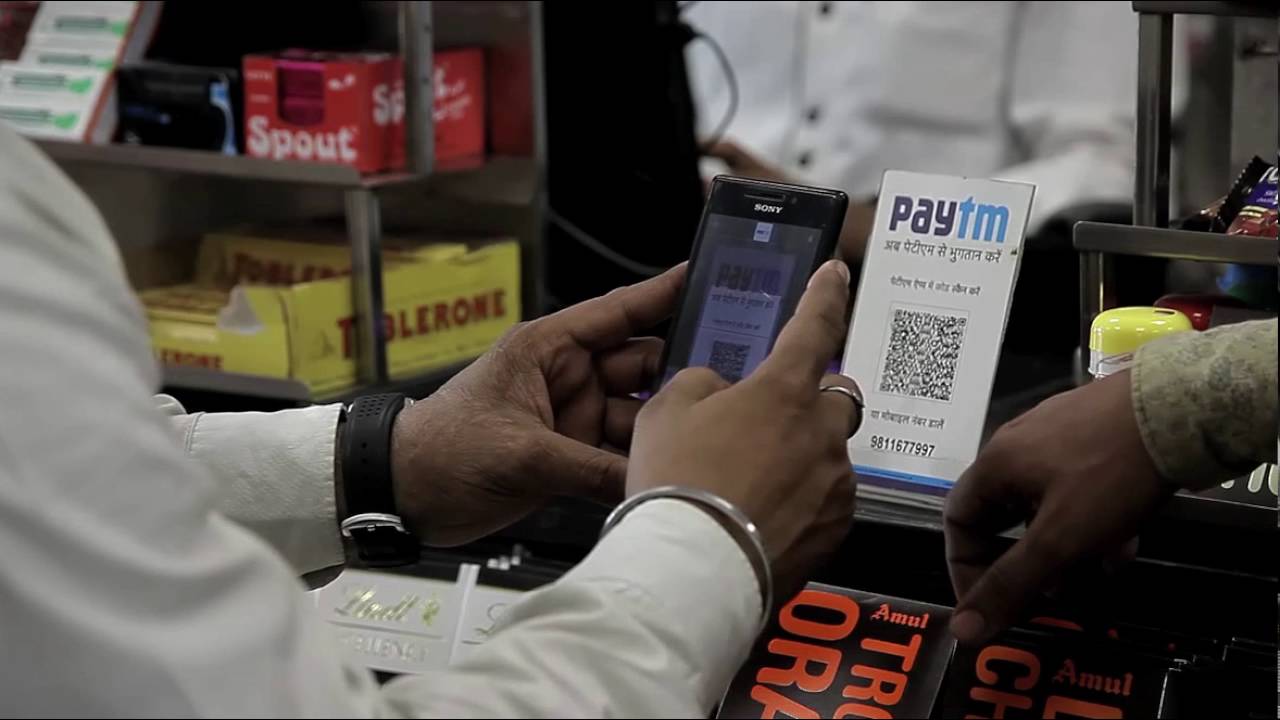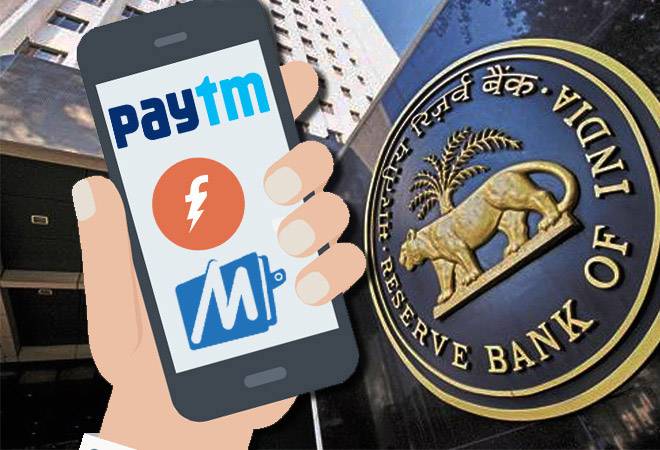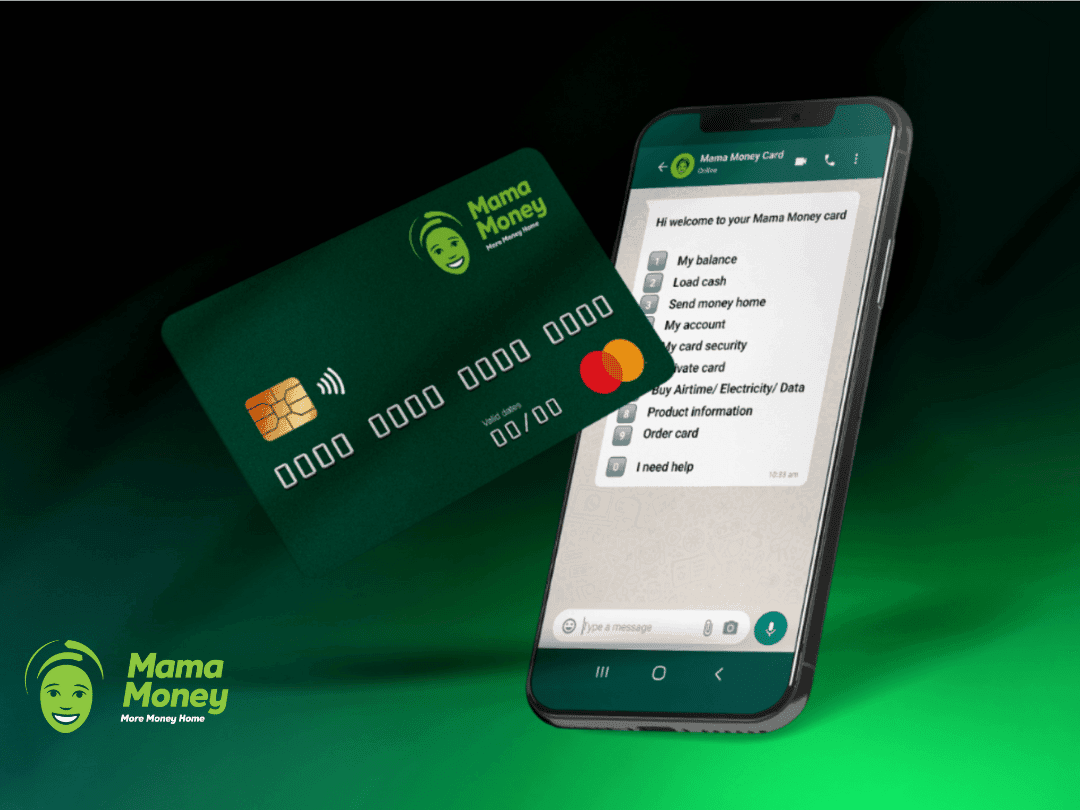The Reserve Bank of India (RBI) on Wednesday decided that it was mandatory for all prepaid instruments (PPIs) such as mobile wallets and prepaid cards to work with other systems.
To date, it was only voluntary for the PPIs system to work with other systems. In other words, it was voluntary for PPIs to be interoperable. The implication of this decision is that
- Mobile wallets will soon be allowed to transfer and receive funds, in addition to making payments, similar to bank accounts.
- Customers will send money from a wallet to a bank account and from one company’s wallet to another.
- PPIs are members of RBI-operated centralized payment systems—RTGS (real-time gross settlement) and NEFT (national electronic funds transfer).
- Customers will also be able to use mobile wallets at ATMs to withdraw cash and at point-of-sale terminals (card-swiping machines).

Ayan Agarwal, the vice-president, Transcorp International, had this to say on the recent development, “If you put all of the announcements about PPIs together and look at the big picture, you will realize that they will be on a par with banks for most practical purposes.
Fintech has provided another solution, as E-wallet would precisely function as a bank account once the regulations are fully enacted.
Younger generations might see no reason to open a bank account as they can receive money from anywhere via their mobile wallet, which can be accessed via ATMs or utilized for making payments at merchant stores.
India in Focus
Population: 1.366 Billion (2019)
GDP: $2.869 Trillion (2019)
GDP per capita: $2100 (2019)










